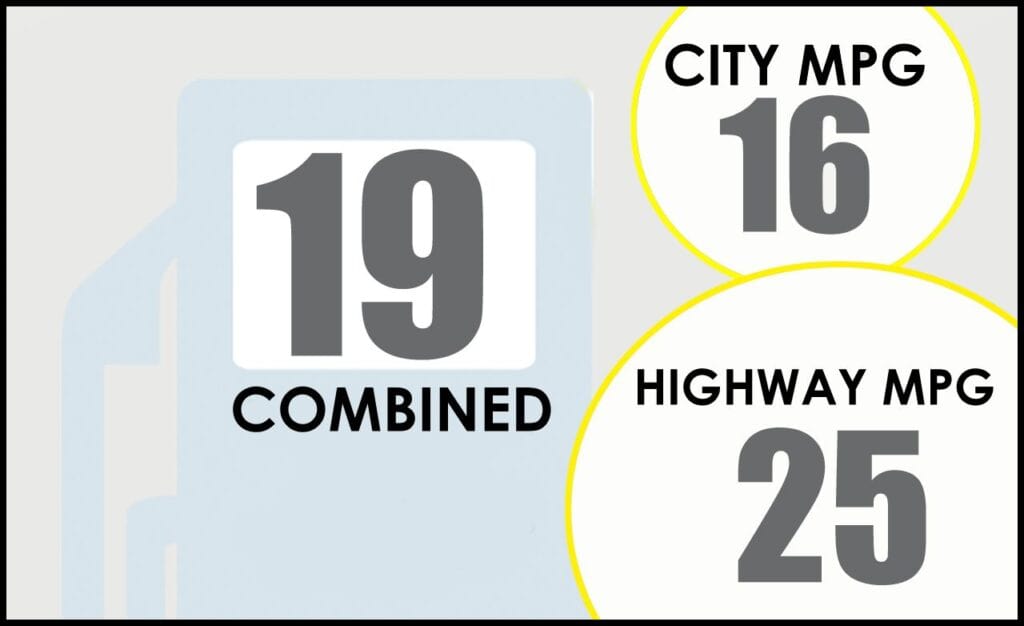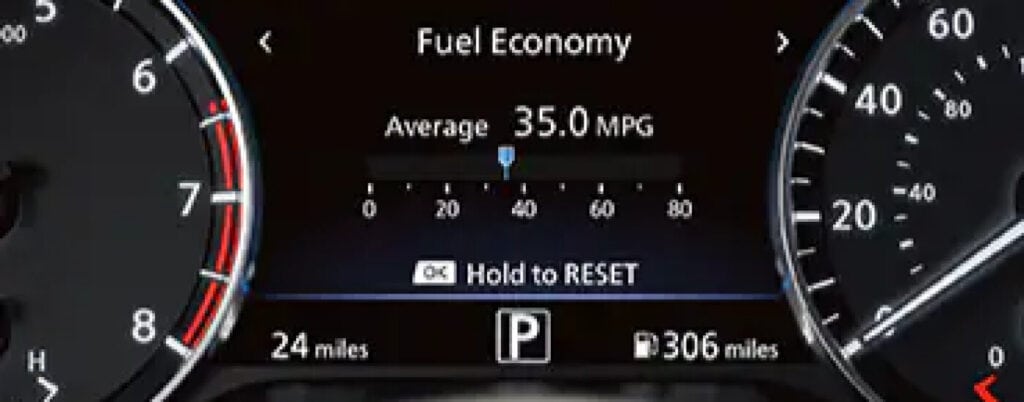Table of Contents
Finding out how many miles your car can go on a gallon of gas is important. Often, what the car makers say is different from what really happens when you drive. This guide will help you figure out your car’s true miles per gallon (MPG) and explain what the different MPG numbers mean. We’ll also check out cars that are really good at saving gas and give you some easy tips to make your car use less fuel.
If you’re curious about cars that save a lot of gas, we’ll talk about some cool options. Plus, we’ll share easy ways to make your car use less fuel, like keeping your tires filled up, taking good care of your engine, and driving in a way that uses less gas.
What is MPG?
MPG, or miles per gallon, measures how far a car can travel on one gallon of fuel. It’s a crucial indicator of a car’s fuel efficiency—higher MPG values mean the car uses less fuel, making it more cost-effective and environmentally friendly.
However, determining a precise MPG can be challenging due to various factors influencing fuel consumption. Variables like traffic and road conditions contribute to inconsistencies. To establish a standardized measurement, the Environmental Protection Agency (EPA) conducts tests on specific courses, averaging the results to determine a car’s official MPG.

There are three key MPG metrics:
Highway MPG: This represents the average fuel efficiency on open roads, with no stops or starts, typically at higher speeds.
City MPG: This score reflects a car’s average fuel efficiency in urban conditions, considering frequent stops and starts at lower speeds.
Combined MPG: This figure provides an overall average, combining both highway and city MPG.
A higher MPG implies more efficient fuel usage, resulting in lower operating costs and reduced emissions. It’s a practical metric for assessing the economic and environmental impact of a vehicle.
For those aiming to enhance their MPG, simple changes in driving habits can make a difference. Smoother acceleration and braking, for instance, contribute to improved fuel efficiency. Additionally, staying informed about fuel prices through tools like a fuel price checker can help save money on each fill-up.
Calculating MPG or Gas Mileage
The simplest method to determine your gas mileage is to divide the miles you’ve driven by the gallons of gas used to fill up your vehicle. In essence, it’s the miles driven divided by the gallons of gas used. Yourcarintocash provides the steps for calculating your gas mileage.

Fill up your gas tank and write down the mileage:
Start by filling up your gas tank and noting how many miles your car has traveled on the odometer. If your car has a trip odometer, reset it to zero.
Drive until your gas tank is about halfway empty:
Use your car normally until the gas tank is about half empty. Then, go to a gas station to fill up again. Remember to record how much gas it takes to fill the tank and note the new mileage on the odometer.
Calculate your MPG (miles per gallon):
Check the trip odometer or subtract the initial odometer reading from the new one to find out how many miles you drove. To calculate your car’s average miles per gallon, divide the miles driven by the amount of gas it took to fill up your tank.
For example: 313 miles driven ÷ 16 gallons filled = 19.5 mpg
Figure out the cost of driving:
To know how much it costs to drive your car, find the average price you pay for a gallon of gas. Divide this number by your car’s calculated miles per gallon. This helps you understand the cost of driving a certain distance using your car.
This simple process lets you keep track of your car’s fuel efficiency. Each time you fill up your tank, you can use this method to see how well your car is doing and find ways to save on gas when you drive.
How Can I Improve My Car’s MPG?
Improving your car’s MPG (miles per gallon) can save you money on fuel and reduce your environmental impact. Here are some tips to enhance your car’s fuel efficiency:
- Regular Maintenance: Keep up with your car’s maintenance schedule. This includes changing the oil, replacing air filters, and ensuring that the engine is in good condition. A well-maintained car operates more efficiently.
- Proper Tire Maintenance: Check your tire pressure regularly and keep them properly inflated. Under-inflated tires can decrease fuel efficiency, so maintaining the correct pressure is essential.
- Lighten the Load: Remove unnecessary items from your car, especially heavy ones. Carrying excess weight can reduce fuel efficiency, so try to keep your vehicle as light as possible.
- Smooth Driving Habits: Avoid rapid acceleration and abrupt braking. Smooth driving can significantly improve fuel efficiency. Use cruise control on the highway to maintain a consistent speed.
- Reduce Idling: Turn off your engine if you’re parked for an extended period. Idling consumes fuel, and restarting your car is generally more fuel-efficient than idling.
- Choose the Right Fuel: Follow your car manufacturer’s recommendations for the appropriate fuel. Using a higher octane fuel than necessary does not typically provide additional benefits and can be more expensive.
- Use the Right Motor Oil: Choose the motor oil recommended by your car’s manufacturer. Using the right oil can reduce friction and improve engine efficiency.
What does L/100KM mean?
In addition to miles per gallon (MPG), another unit of measurement for a car’s fuel economy is liters per 100 kilometers (L/100KM). This metric is commonly used in Europe and other countries that follow the metric system. Occasionally, the unit Kilometers per Litre (KM/L) is also utilized. To convert L/100KM to MPG, you can do so by dividing 282.5 by the L/100KM figure.
If you find that your used car consistently falls short in delivering the desired fuel efficiency, consider exploring the option of selling it to YourCarIntoCash. Upgrading to a more fuel-efficient vehicle not only saves you money over time but also aligns with a commitment to reducing environmental impact. Assess the resale value of your current car, explore the market for fuel-efficient vehicles, and weigh the long-term benefits. Sell your used car to YourCarIntoCash can provide a convenient and straightforward avenue for making this transition, ensuring a smooth process as you make a positive impact on your finances and the environment.

